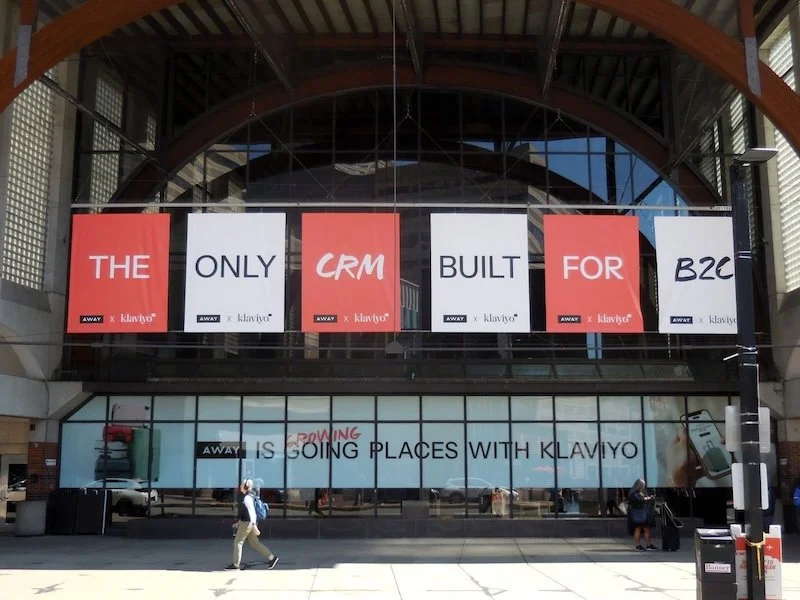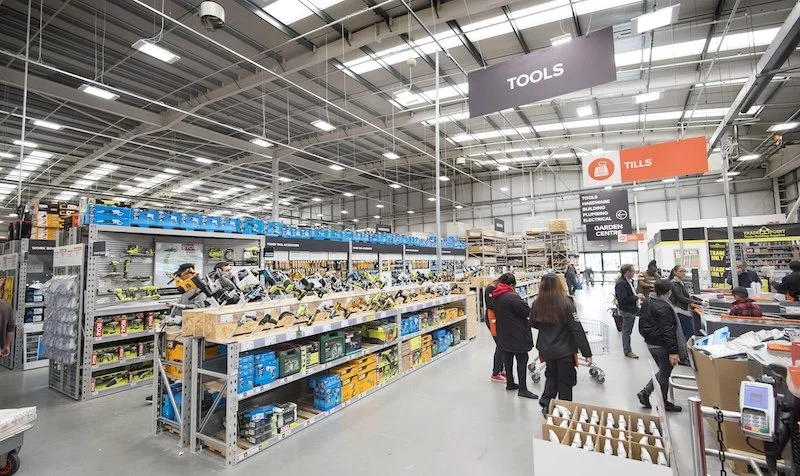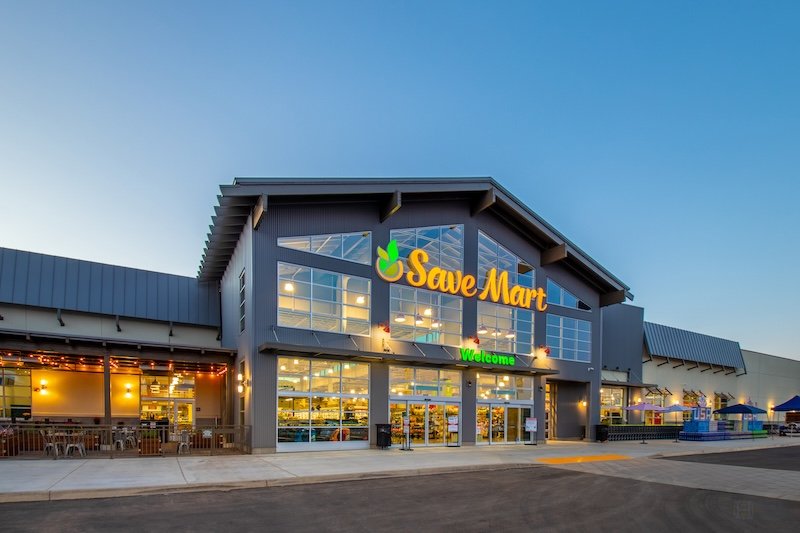Cyber attacks and geopolitical conflict the biggest threats to UK supply chains at SCALA's 22nd annual debate
Geopolitical conflict and cybersecurity were highlighted as the top threats to UK international supply chains at the 22nd annual industry debate of global supply chain and logistics consultancy, SCALA, last week.
On 5th June, over 150 supply chain and logistics professionals, along with panellists from the likes of Jordans Dorset Ryvita and Tangle Teezer, gathered to discuss whether it’s time to shift global strategies amid ever evolving geopolitical, economic, and environmental landscapes.
The debate included live audience polling, which uncovered that 37% of respondents saw security and geopolitical conflict as the biggest threat to UK international supply chains in the next five years. This was shortly followed by cyber attacks at 33%.
However, the survey also indicated that globalised supply chains are unlikely to go anywhere anytime soon, with 51% of respondents remaining committed to global sourcing and operations and a further 38% actively balancing operations between global and regional suppliers.
Meanwhile, 71% of respondents agreed that the current global supply chain landscape is in transition, evolving towards more regional hybrid models. 94% thought that the current trade tariff war will strengthen ties between European and Asian countries.
The debate saw four expert panellists from the worlds of manufacturing, global logistics, and academia take to the stage and put forward their cases for - or against - globalised supply chains.
Tiger Wang, Chairman of China-based Ocean Business Group and Co-chairman of SCALA China, opened the debate by reaffirming the value of global supply chains. He expressed that, despite recent disruptions, globalised supply chains are here to stay - noting their importance to economic development in developing nations, for example.
Wang called for diversified supply and manufacturing footprints along with greater dialogue between policymakers to reduce tensions and foster greater resilience.
Jennifer Smiley, Head of Customer Supply & Logistics at Jordans Dorset Ryvita, went on to acknowledge the rising complexity of today’s global supply chains, citing Brexit, the pandemic, and geopolitical instability as major disruptions. She advocated for product diversification, strong logistics partnerships, and industry collaboration to help navigate an increasingly volatile and complex world.
Finally, Professor John Manners-Bell, founder of the Foundation for Future Supply Chain and author of The Death of Globalisation, contended that globalisation has reached its peak. He warned that the UK’s heavy reliance on offshoring has rendered it especially vulnerable to disruption and highlighted that automation and digital technologies will be key to enabling nearshoring and re-industrialisation.
Chris Clowes, Executive Director at SCALA and chair of the debate, comments: “This year’s debate highlighted just how much the global supply chain landscape is evolving and how critical it is for businesses to adapt.”
“The panel explored a spectrum of views, from strong advocacy for continued globalisation to calls for greater regional resilience and nearshoring through investment in automation technologies. What was clear is that while globalisation is far from dead, it is no longer the only path forward.”
“Instead, we’re seeing a shift towards more flexible, hybrid models that balance efficiency with resilience, and depend entirely on each business's unique circumstances. In fact, most attendees agreed that we’re in a transitional phase, rather than an all-out rejection of global supply chains, despite the complex landscapes unfolding around us.
“Broader, long-term challenges were also raised, such as the urgent need to bring more young people into the sector. Ultimately, building resilient, future-ready supply chains isn’t just about where we source or manufacture; it’s about rethinking how we design, manage, and lead them in an increasingly complex world.”
The event, which took place at the Advanced Manufacturing Technology Centre in Coventry, was supported by Aptean, CILT (UK), Culina Group, DHL, GXO, Infios, Iron Mountain, and XPO Logistics.
2025 RTIH INNOVATION AWARDS
Supply chain technology will be a key focus area at the 2025 RTIH Innovation Awards.
The awards, which are now open for entries, celebrate global tech innovation in a fast moving omnichannel world.
Our 2024 hall of fame entrants were revealed during an event which took place at RIBA’s 66 Portland Place HQ in Central London on 21st November, and consisted of a drinks reception, three course meal, and awards ceremony presided over by comedian Lucy Porter.
In his welcome speech, Scott Thompson, Founder and Editor, RTIH, said: “The event is now into its sixth year and what a journey it has been. The awards started life as an online only affair during the Covid outbreak, before launching as a small scale in real life event and growing year on year to the point where we’re now selling out this fine, historic venue.”
He added: “Congratulations to all of our finalists. Many submissions did not make it through to the final stage, and getting to this point is no mean feat. Checkout-free stores, automated supply chains, immersive experiences, on-demand delivery, next generation loyalty offerings, inclusive retail, green technology. We’ve got all the cool stuff covered this evening.”
“But just importantly we’ve got lots of great examples of companies taking innovative tech and making it usable in everyday operations - resulting in more efficiency and profitability in all areas.”
Congratulations to our 2024 winners, and a big thank you to our sponsors, judging panel, the legend that is Lucy Porter, and all those who attended November's gathering.
For further information on the 2025 RTIH Innovation Awards, please fill in the below form and we will get back to you asap.































Continue reading…